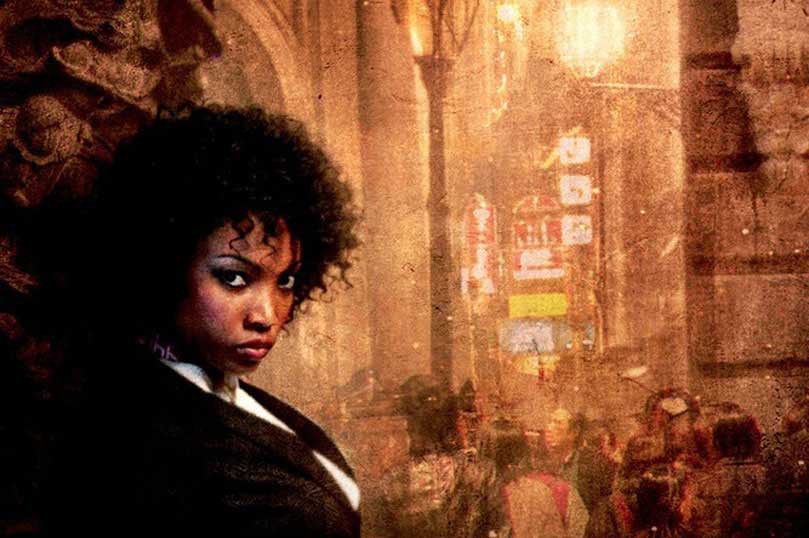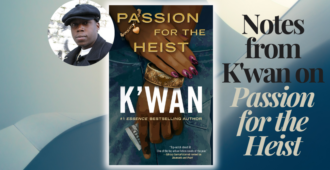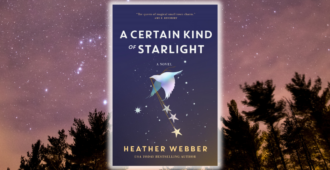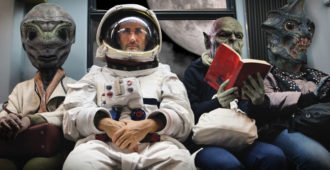Law School, Magic School
Written by Max Gladstone
In 2008, to an eager young me, fresh from two years of teaching English in rural China—used to afternoon runs past water buffalo, concrete classrooms, basketball-loving students, and swarms of attacking bees—law school looked an awful lot like magic. Stephanie, my girlfriend (now wife), the one actually attending law school at the time, thought I was crazy.
She was right. I was crazy, a bit—a crazy born of contrast, and of unemployment at the dawn of the financial collapse. While I gallivanted around the world, my friends had entered industry or grad school, and, as a result, they could weather the chaos by keeping calm and carrying on. Struggling to make ends meet, I followed their careers with admiration and a little green streak of envy (which I’d never admit in public, but you won’t tell anyone, will you, oh internet?).
As Steph started law school, I watched her life like a movie. I expected The Paper Chase but saw Hogwarts instead. Now, I know that many students compare their schools to Hogwarts, but watching Steph, I thought I could see actual magic at the core.
The class names were the first sign. I’d grown used, as an undergrad, to course names like Hagiography, Eschatology, and Smut: Shakespearean Supporting Characters, Sex, and the Afterlife, or Computer Science 415. Here, I heard courses referred to by single words: the bailiwicks over which they granted power. Mystical names, too. Remedies. Procedure. Contracts. Corps. (“Corpse?! “—said I on first hearing—”Is there a dissection practicum?”) Defense against the Dark Arts. (I kid, but maybe that’s what they actually teach you in Torts?)
Then came those wonderful weird withering one-L classes where professors cut students open with a question and keep careful record of names called to ensure no one escapes—so far from the cheerful group work, seminars, and “let’s sit on the grass outside and discuss symbolism in Japanese utopian literature” of my college life. (“It’s the Socratic method,” Steph said, “not magic.” “But it feels like magic!”)
And on top of that, the language. The formulae, the arcane tests, the careful splitting of hairs as to the meaning of words and the writer’s original intent. The libraries of leather-bound books from which the lawyer draws her power. The speech act. The binding verbal contract. The adversarial nature of the whole thing: words, facts, powers bent one against another by indomitable wills.
I’ve heard people say computer programming works like magic—you type your invocation and the big dumb genie does exactly what you tell it to, no more and no less, omnipotence without omniscience. But that’s not really magic, because magic’s not dumb. Magic isn’t satisfied to lean back and let you destroy yourself. Magic is capricious and cold and swift and glorious and mean. Magic twists beneath you as you struggle to pin it down. Beings bound by magic seek every possible way to use your words against you—they trap you in your errors, and in the world’s. If you’re good at magic, it can raise you up, claim and transform your life. Magic sets you apart from people who aren’t magicians. It gives you a privileged access to, and even some control over, the rules of the world that bind everyone else. And it doesn’t tell you what you’re supposed to do with that power, that control.
I badgered Steph with this comparison all through her first semester. She saw the point, but never quite bought it, and slowly I came to understand why. For me, on the outside, her world seemed exciting, glamorous, strange, and special. For her, it was life: late nights studying, endless reading, not going to the movies. A monastic existence, and on top of it all a boyfriend babbling about how cool everything was without having to do any of the work.
And I realized, writing my book about dead gods and dying cities and a woman trying to do her job, that from the perspective of the magician, magic feels like work. So I dialed down the Harry Potter jokes and started to watch Steph and her friends and fellow students care, struggle, and succeed. I watched them grasp at the outlines of something grand. The magic wasn’t in the language, the discipline, or the class names. The magic was in the striving.
Though I do still chuckle whenever I hear someone moan about how much trouble they’re having with Corpse.
…………………………
From the Tor/Forge October newsletter. Sign up to receive our newsletter via email.
…………………………
More from the October Tor/Forge newsletter:
- Big Smart Objects by Gregory Benford and Larry Niven
- The Secret World of Hardware Revocation by Cory Doctorow
- The Books in the Book by Tina Connolly
- The Ingredients of a Hero (Not the Sandwich) by Christopher L. Bennett
- Ghost Collection Sweepstakes







